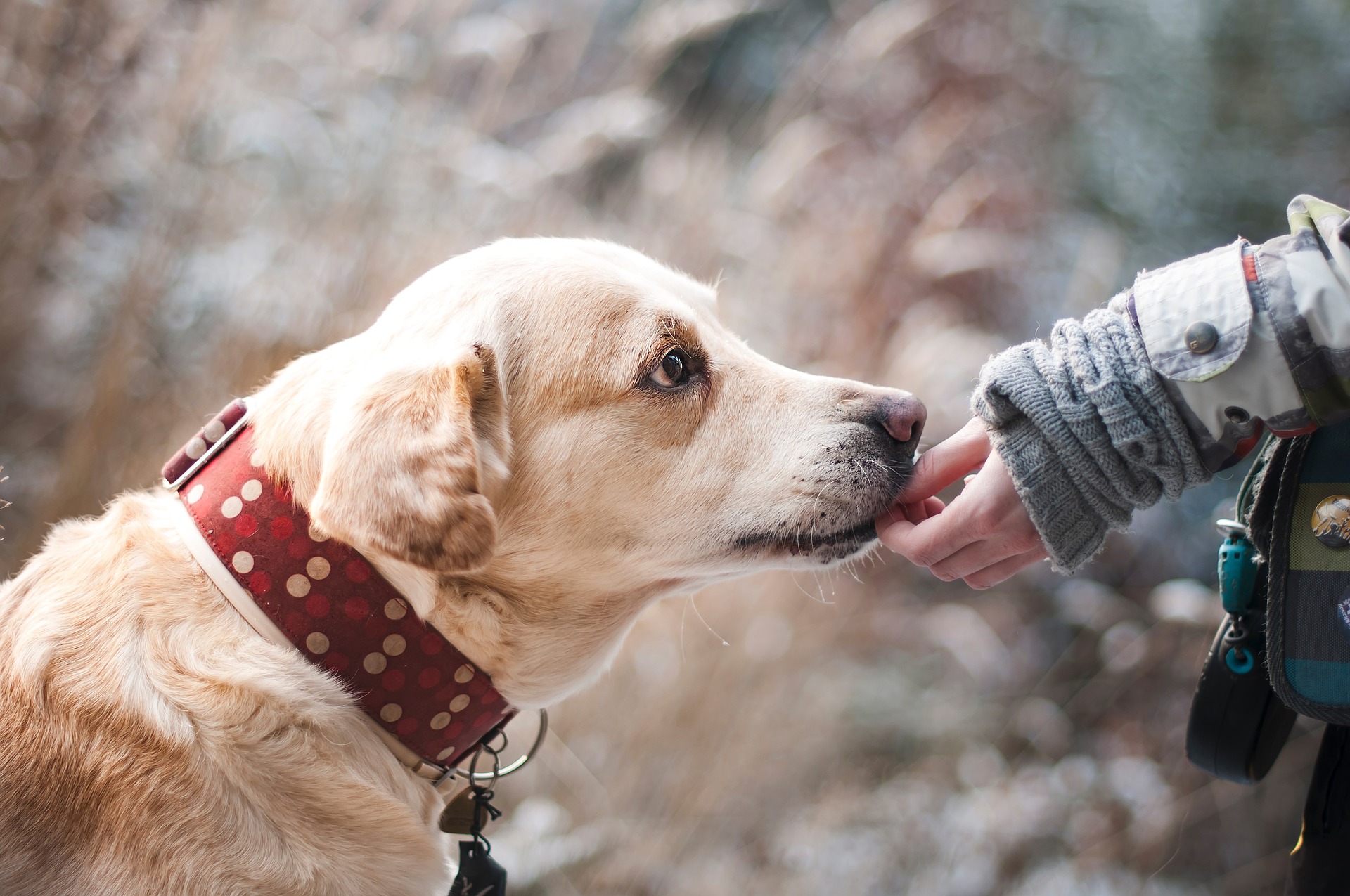
DCM, short for dilated cardiomyopathy, is a common disease in large breeds of canines and some cat breeds that affects the way the heart functions. If you catch the disease early enough, your pet can live a long and healthy life even after DCM diagnosis. In order for this to happen, though, you must first know all the facts about animal dilated cardiomyopathy.
DCM is an acquired disease, which means it is almost always passed on from a family member that suffered from the disease as well. The causes of DCM come from a weakening of the heart muscles, specifically the muscles of the lower-left ventricle that are responsible for pumping blood throughout the body. Because of this weakening, the heart is unable to contract in the way it should.
Even though DCM primarily affects the heart, the kidneys can also suffer when gone untreated. When the heart is unable to pump blood effectively, the kidneys begin to retain sodium and water in order to increase the amount of blood to the heart. This is the body’s way to compensate by allowing the ventricles to become enlarged in order to make up for the inability to pump blood effectively. Although it is a solution that can work for a few years, it won’t last forever.
Canine Breeds Predisposed to DCM
As mentioned above, DCM affects certain dog breeds more than others. It is very uncommon for a small breed that has no genetic history of DCM to contract the disease. It is much more common for a large or giant breed with DCM history to fall victim to this heart disease. The only small breed that is considered to be DCM-predisposed is the cocker spaniel.
According to VeterinaryPartner, here are the canine breeds that are at the highest risk of developing DCM: “There are several breeds that are predisposed to DCM. These include Doberman Pinschers, Great Danes, Irish Wolfhounds, Boxers, Newfoundlands, Portuguese Water Dogs, Dalmatians and Cocker Spaniels.”
However, it is important to keep in mind that DCM is not limited to these breeds and these breeds only. Any dog can end up suffering from DCM, the breeds listed above are just the most common. No matter if you own a Great Dane or a dachshund, you should ask your veterinarian about DCM at your pet’s next appointment.
DCM Signs, Symptoms, and Screenings
DCM is very uncommon in young dogs; it is a disease that is more likely to develop over time in older dogs. The most common symptoms signifying that DCM is present include loss of appetite, loss of color in the gums, coughing, wheezing, increased heart rate, extreme weakness, and fainting.
Even if your pet does not show these symptoms, undergoing an annual DCM screening is a good idea, but only if your pet has a predisposition to the disease. DCM screening exams are extremely costly and very complex, so if you have a pet that is very unlikely to develop the disease and lives a healthy lifestyle, there is no need to go through the screening process. However, you can check out Bivvy for more info about pet insurance. While advances in veterinary care are getting more effective, pet care costs are rising. Bivvy can help pay for medical expenses.
Please let us know if the above is possible.
